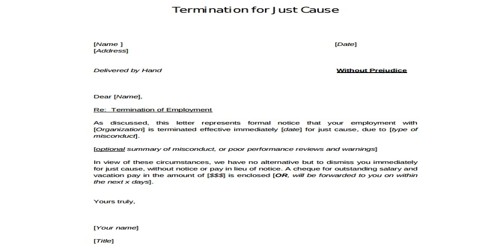Researchers at the University of Rochester’s Del Monte Institute for Neuroscience discovered that microglia, the brain’s immune cells, can cause cognitive abnormalities following radiation exposure and maybe a crucial target for preventing these symptoms. These findings, published today in the International Journal of Radiation Oncology Biology Biophysics, build on prior research that demonstrated that following radiation exposure, microglia destroy synapses, which are critical for cognitive activity and memory.
“Cognitive deficits after radiation treatment are a major problem for cancer survivors,” M. Kerry O’Banion, MD, PhD, professor of Neuroscience, member of the Wilmot Cancer Institute, and senior author of the study said. “This research gives us a possible target to develop therapies to prevent or mitigate against such deficits in people who need brain radiotherapy.”
Cognitive deficits after radiation treatment are a major problem for cancer survivors. This research gives us a possible target to develop therapies to prevent or mitigate such deficits in people who need brain radiotherapy.
M. Kerry O’Banion
Researchers evaluated the cognitive performance of mice before and after radiation exposure using a variety of behavioral measures. Female mice fared consistently well, demonstrating resistance to radiation harm. However, after being exposed to radiation, male mice were unable to remember or accomplish particular activities. Following therapy, this cognitive decline coincides with synaptic loss and signs of potentially harmful microglial over-reactivity.
The researchers then focused on the microglial route involved in synapse loss. Following radiation, mice with these mutated microglia showed no cognitive impairment. Others who received the medication Leukadherin-1, which is known to disrupt this same mechanism, after radiation treatment did not have any cognitive loss.

Radiation therapy is a common treatment for various types of cancer, and cognitive decline can be one of the potential side effects. The extent of cognitive decline can vary depending on factors such as the type and dose of radiation, the area treated, and individual patient characteristics.
“This could be the first step in substantially improving a patient’s quality of life and need for greater care,” O’Banion said in a press release. “We are particularly interested in understanding the signals that target synapses for removal, as well as the fundamental signaling mechanisms that drive microglia to remove these synapses.” We feel that both lines of study provide additional targets for developing medicines to aid patients undergoing brain irradiation.”
O’Banion also believes that this research has larger significance because some of these systems are linked to Alzheimer’s disease and other neurodegenerative disorders.
















